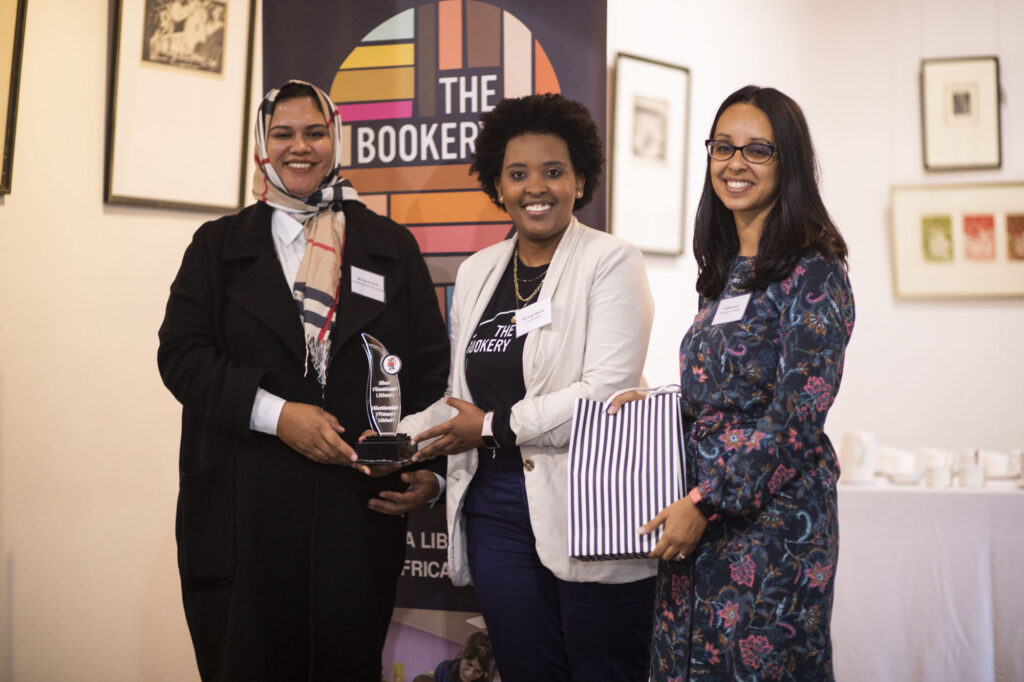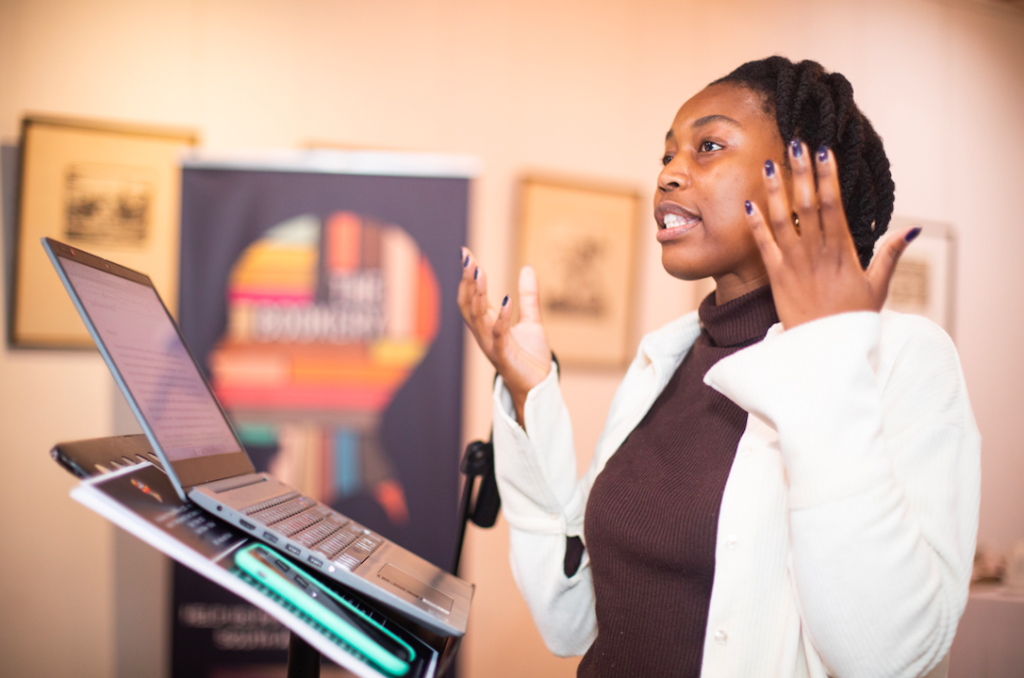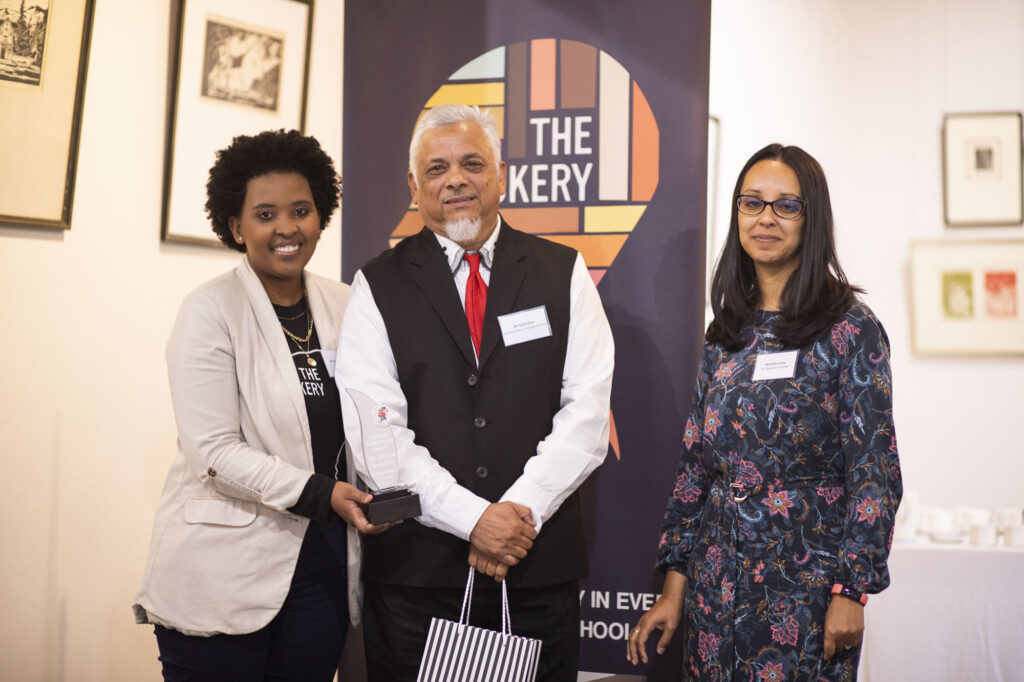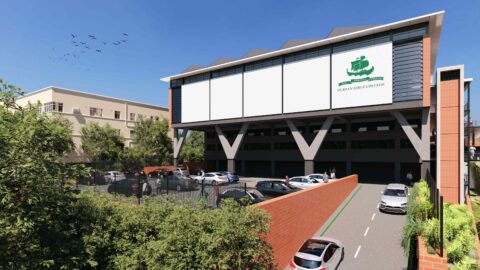CSI PR
Celebrating Africa Day With The Bookery School Principals
For The Bookery, it is the coming together of different people from all walks of life to ensure that South African children have access to age-appropriate reading materials in safe spaces that allow them the freedom to explore the world through books. On Africa Day, they hosted their Western Cape School Principals to say thank you to the principals for allowing The Bookery to continue being part of their school’s fabric. The Bookery currently supports 33 schools across the Western Cape with over 33000 learners benefitting from the interventions taking place in libraries.

The PIRLS 2021 results released in May reported that 81% of South African children cannot read for meaning in any other language. Whilst there are many factors contributing to this, the organisation believes that the lack of libraries in schools is one of the factors. In South Africa, only 17% of government schools have fully stocked libraries and at least 83% of government schools do not have functional libraries (NEIMS 2021 report). This shortage is worse in poor communities, where there are few places to learn and study, and most homes do not have books. The Bookery felt it was important that they commend the principals for the wonderful work that they are already doing in their respective schools.

The UNESCO/IFLA School Library Manifesto states the school library is ‘essential to the development of literacy and information literacy, teaching, learning, and culture.’ Libraries are vibrant and safe places where children can improve their literacy, expand their understanding of the world, and find joy in reading.
During the meeting, it was shared that only 8% of schools in the Western Cape have libraries on their premises and The Bookery schools are part of this 8%. By creating access to reading materials and literacy spaces for learners, The Bookery together with the school principals is working towards a South Africa where all learners can perform to their full potential in a fair system with an equitable distribution of learning and teaching opportunities.





